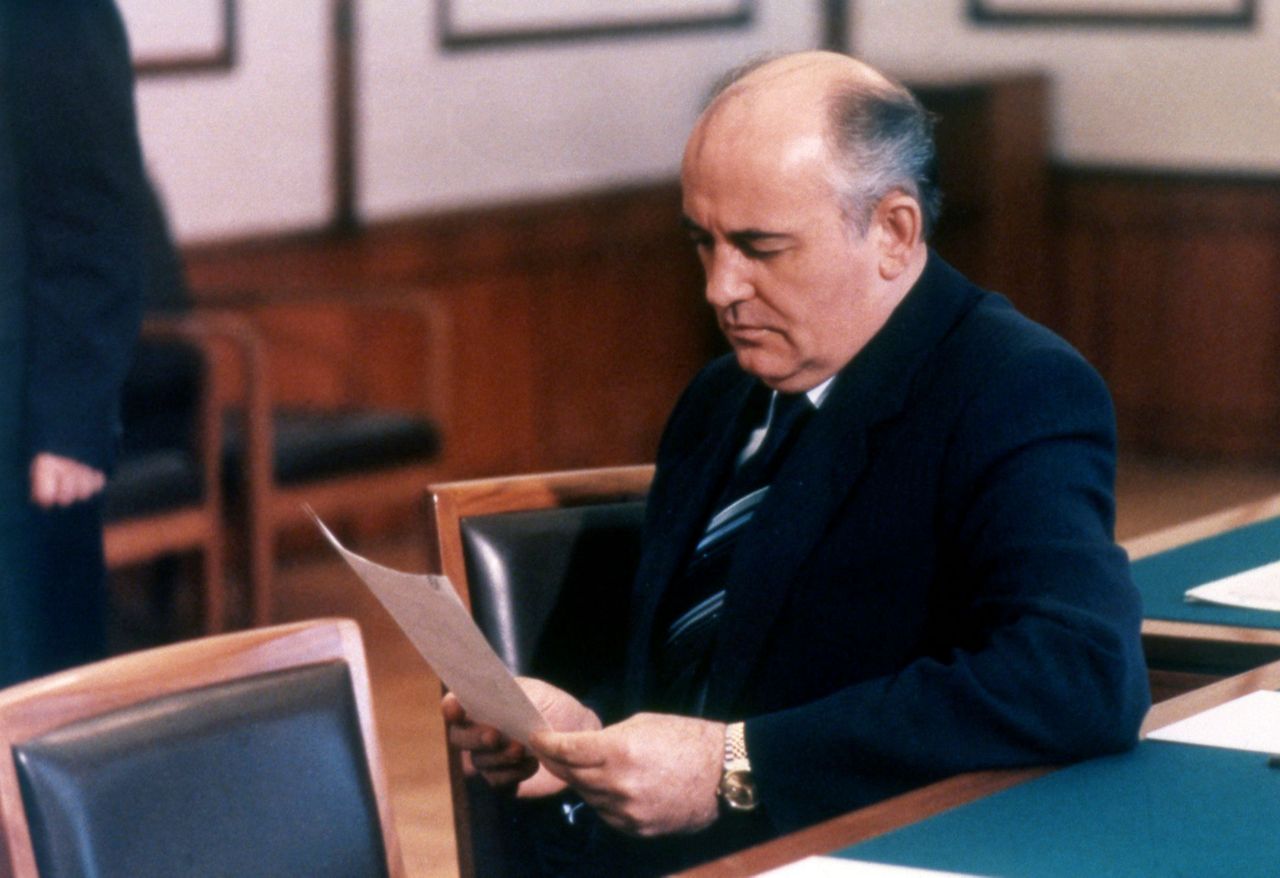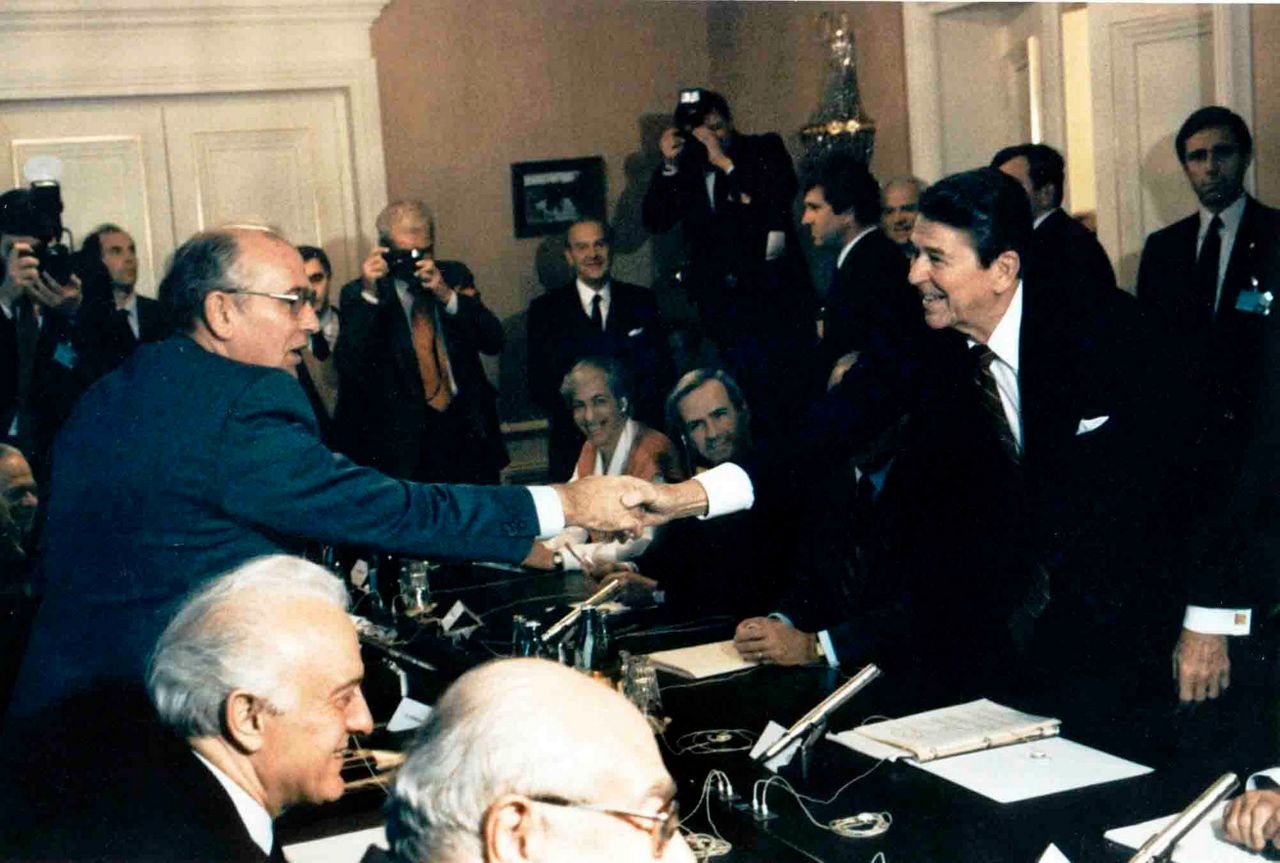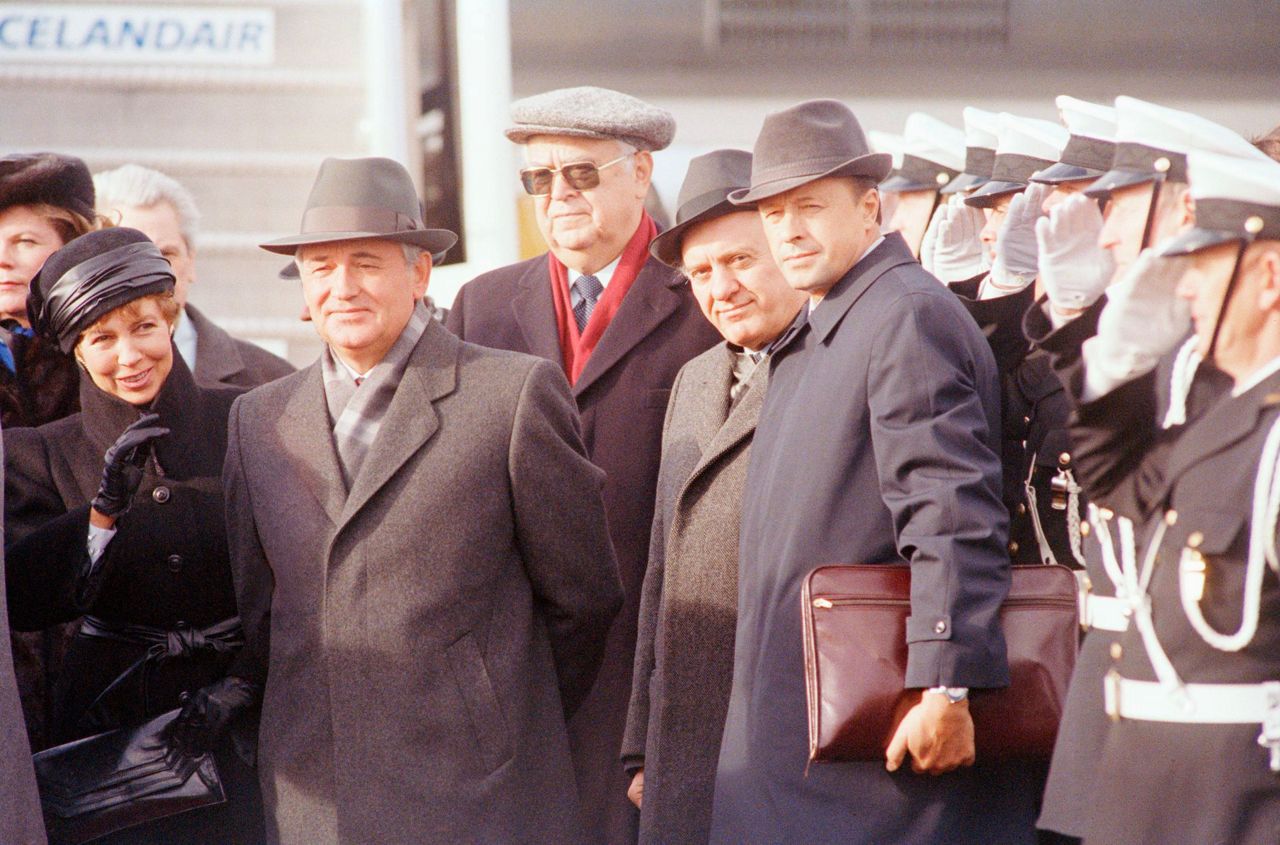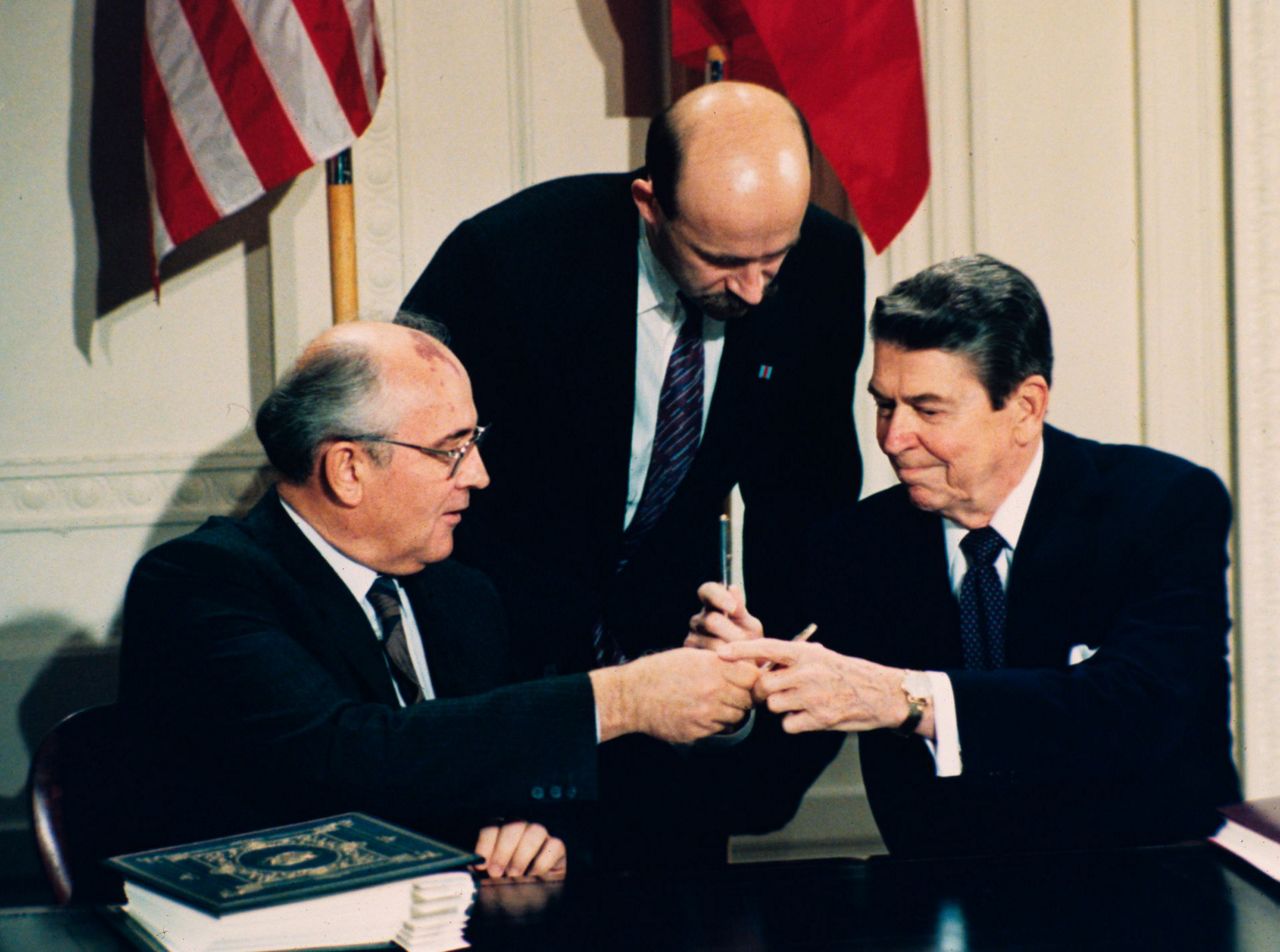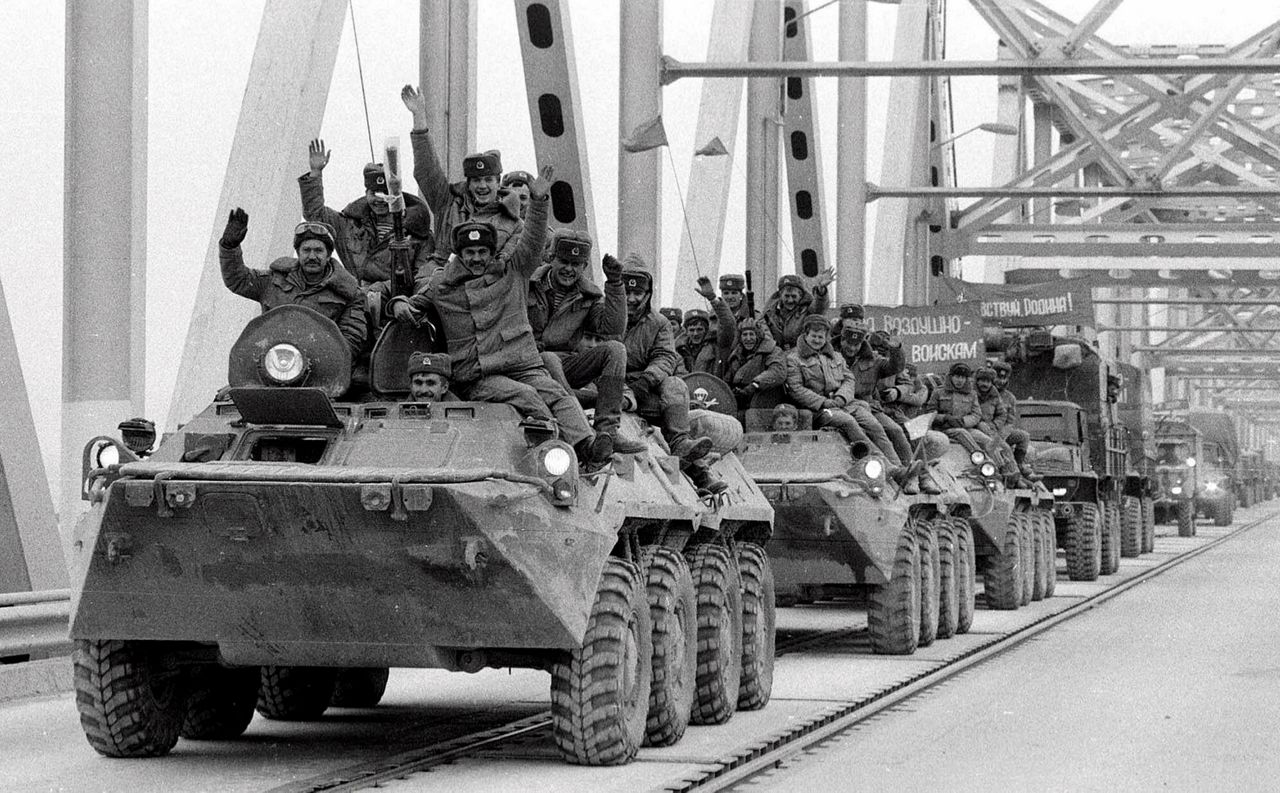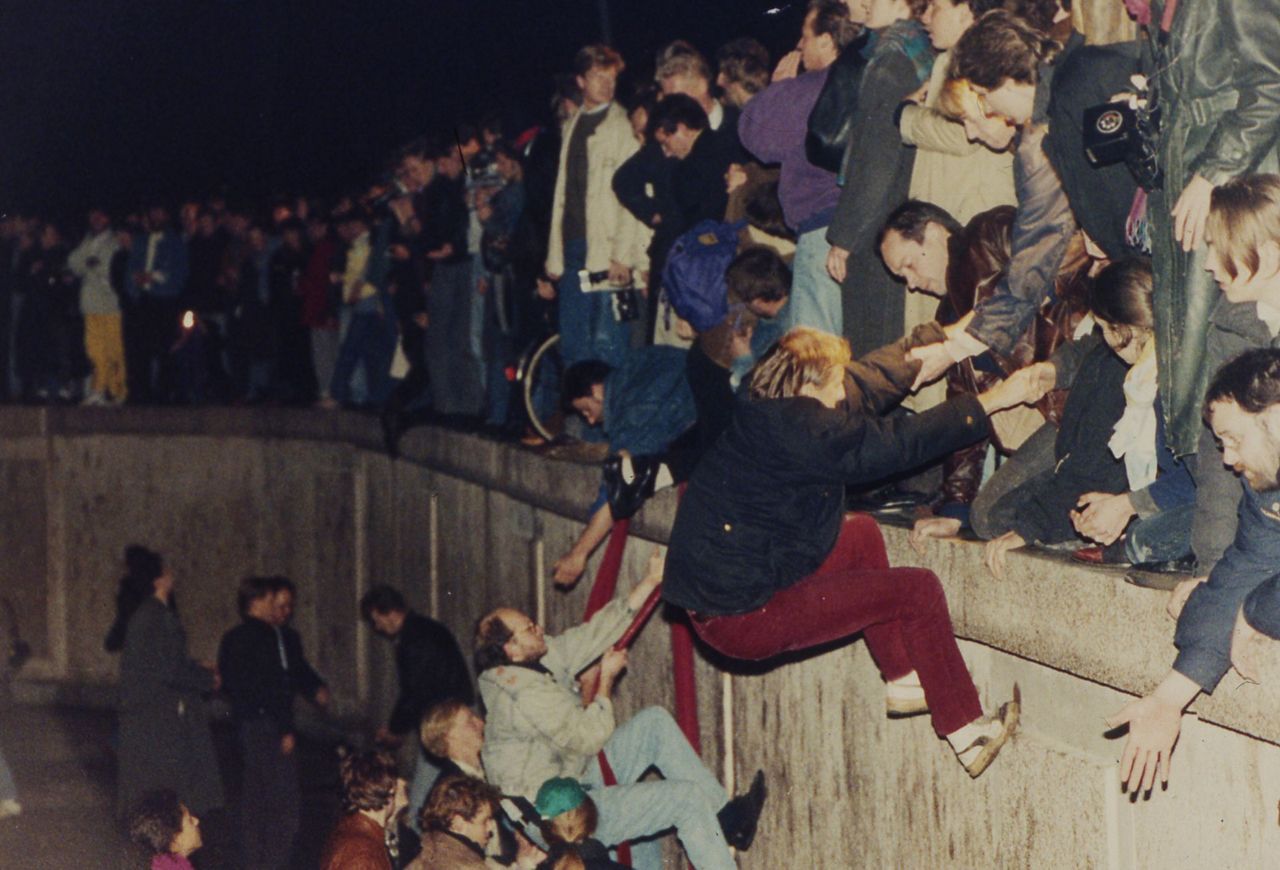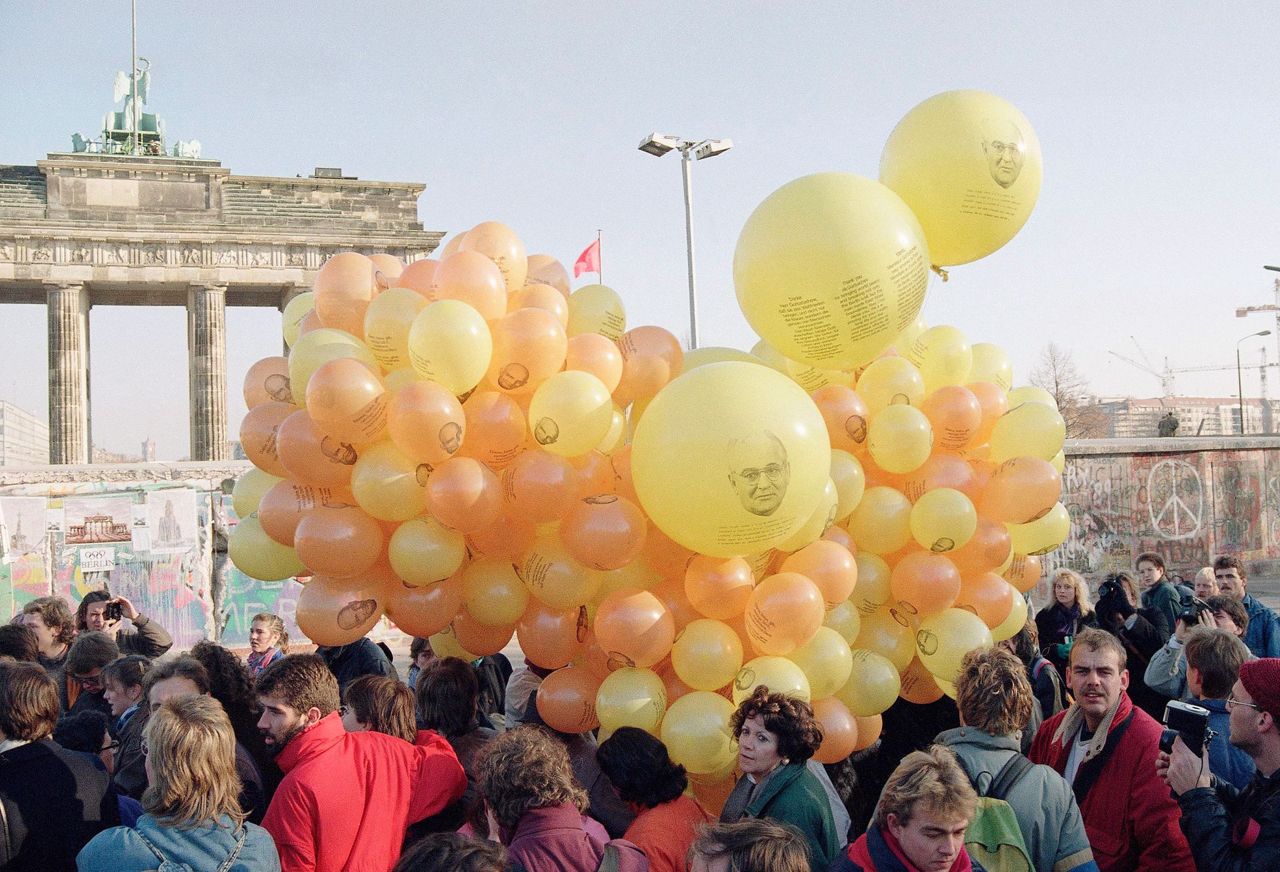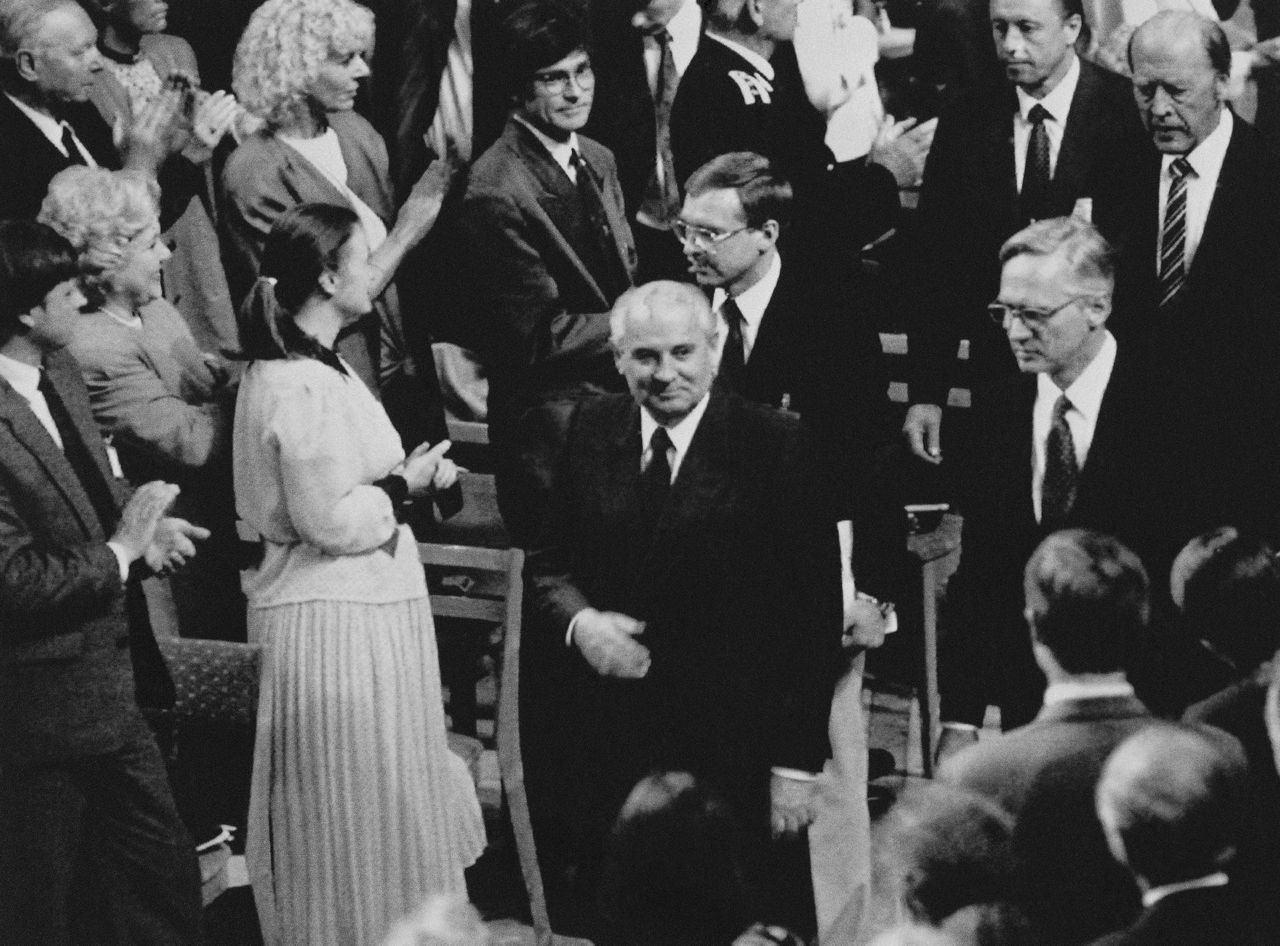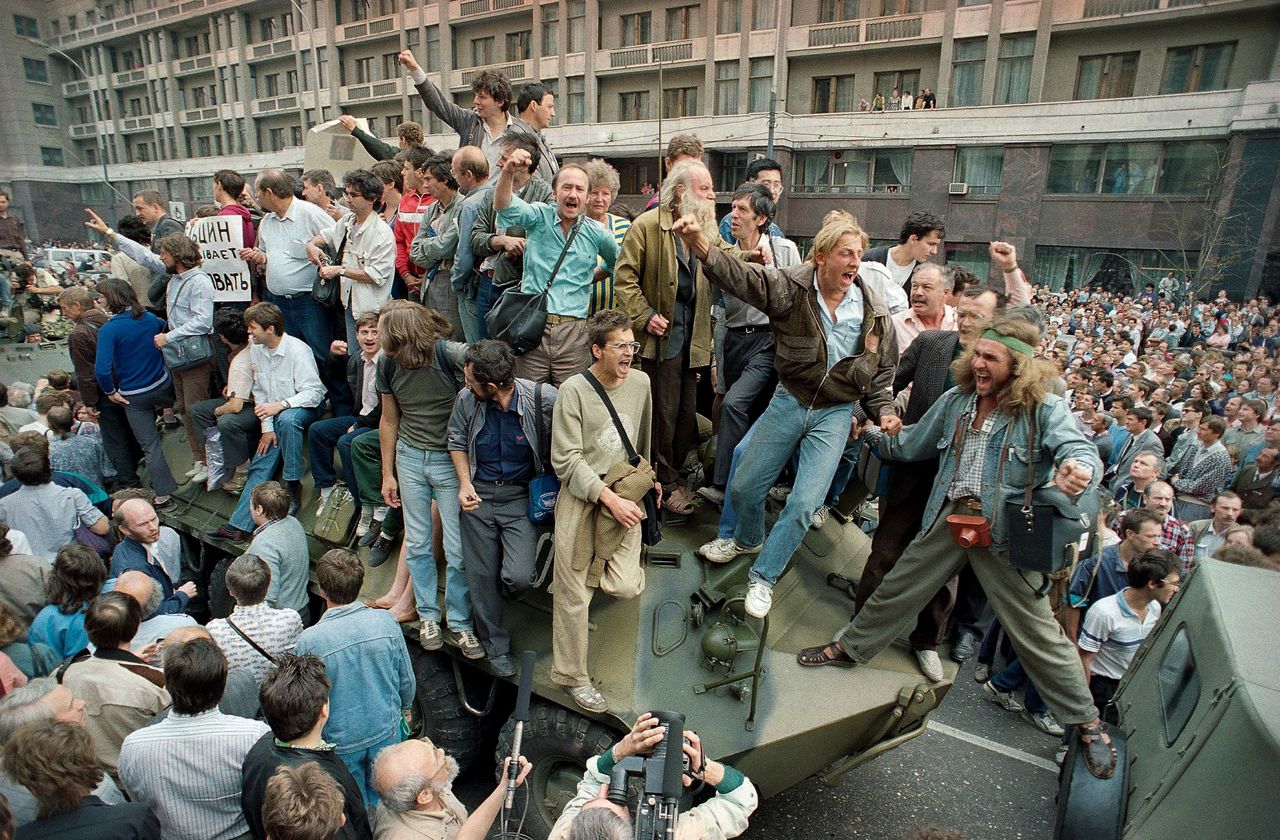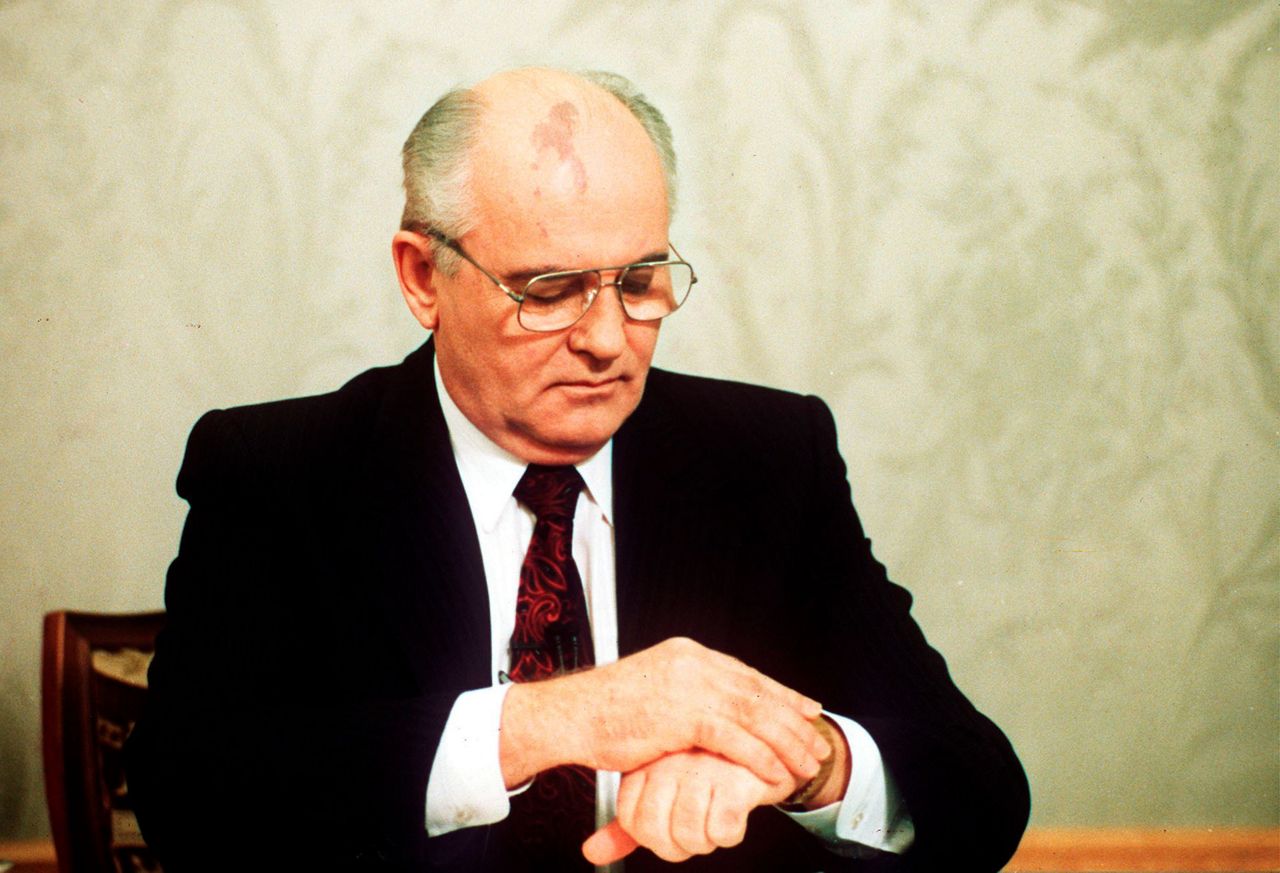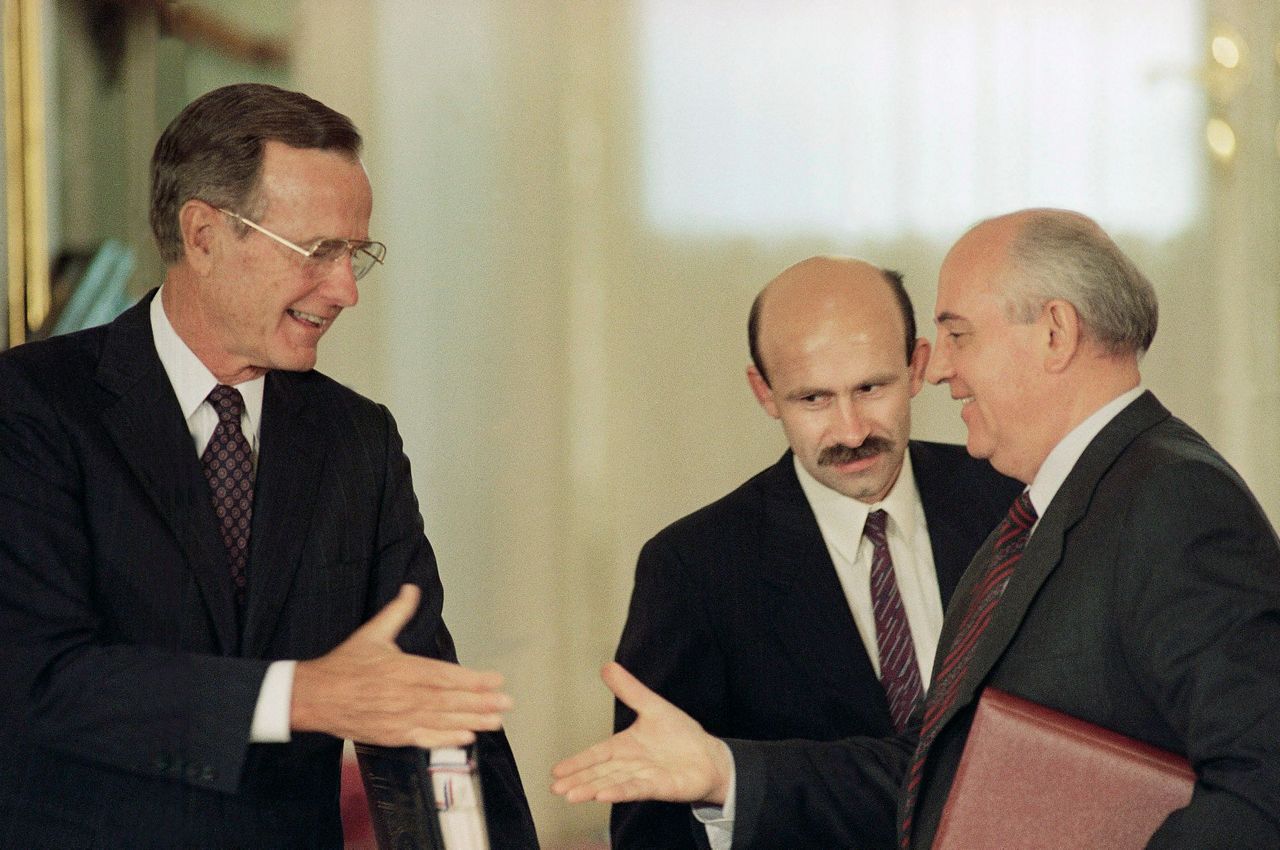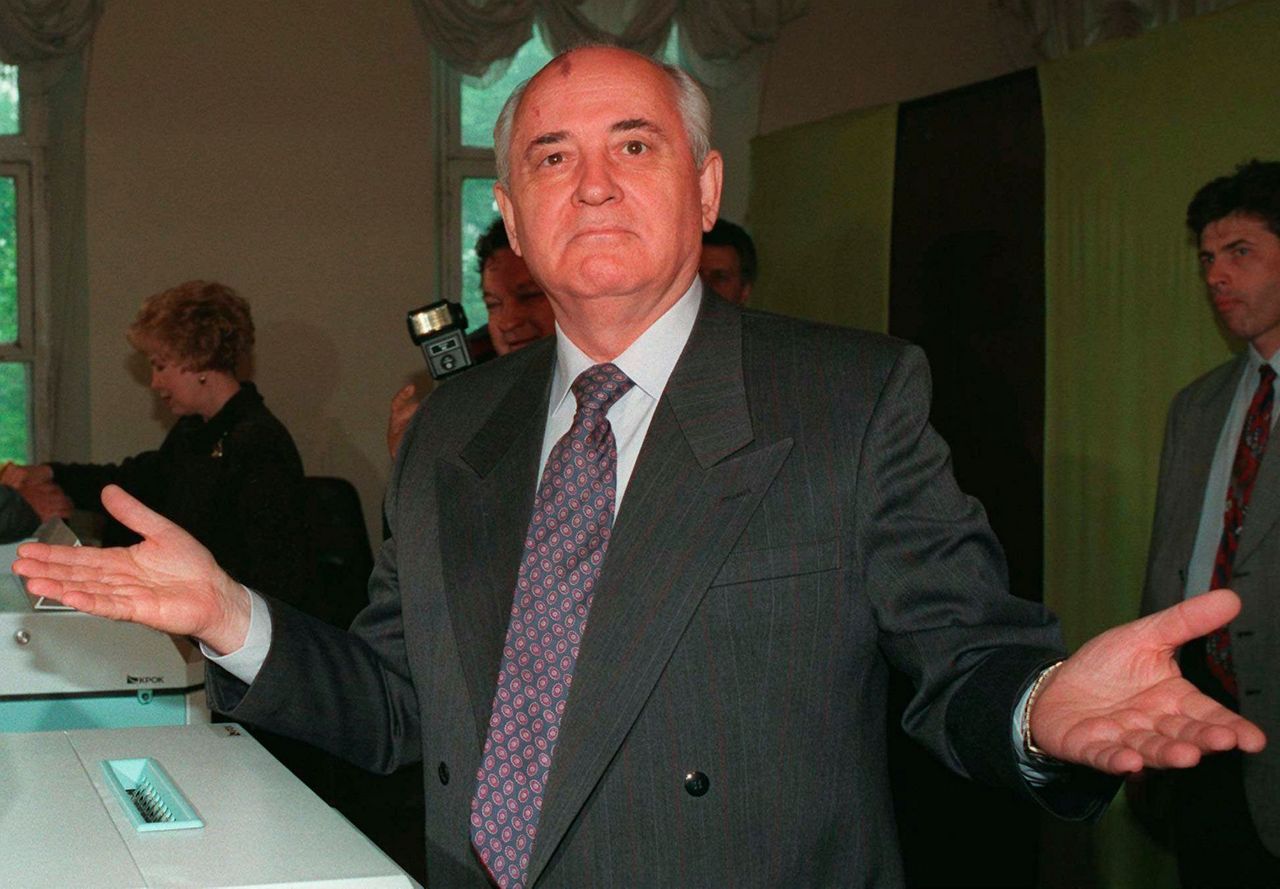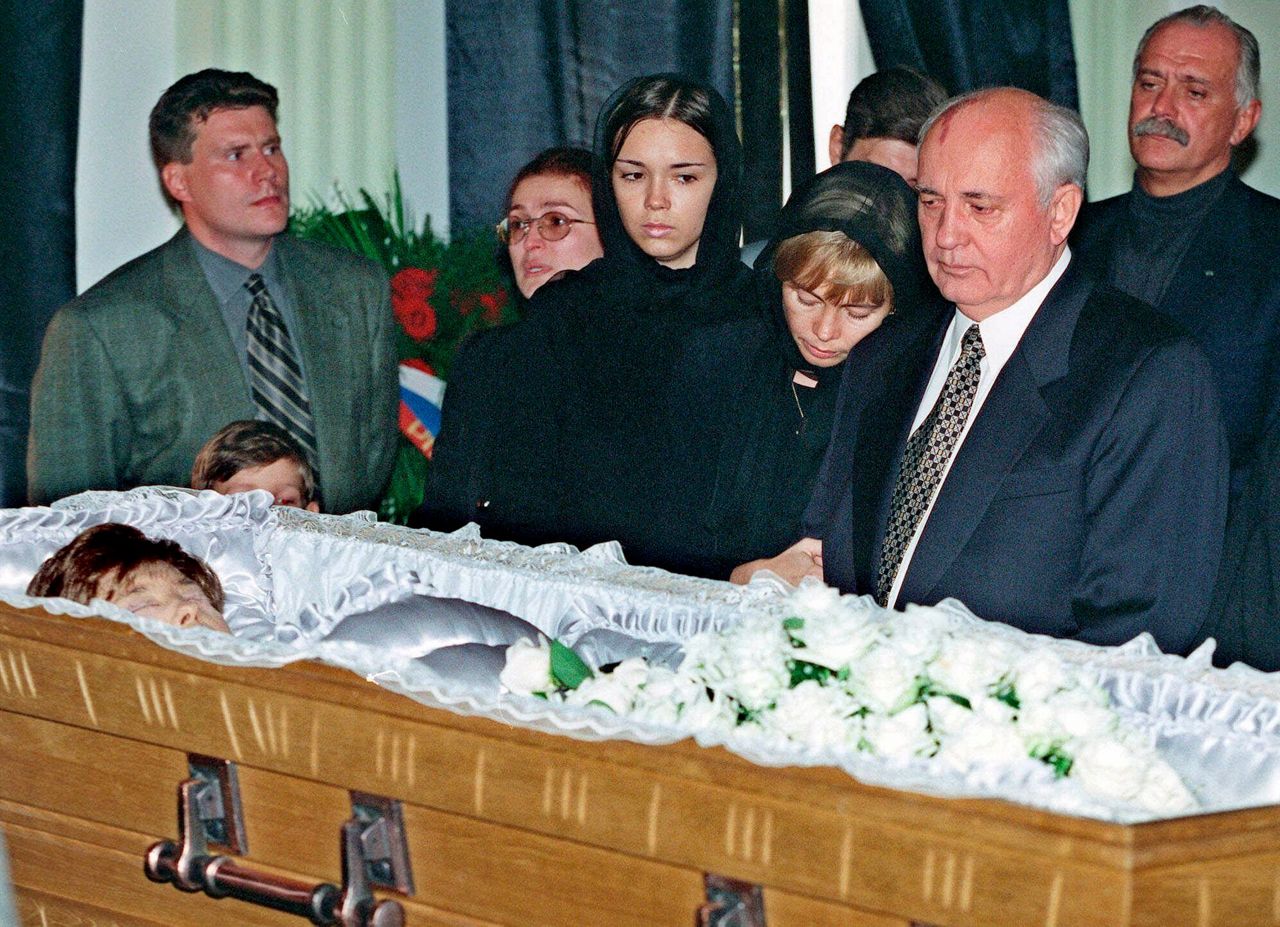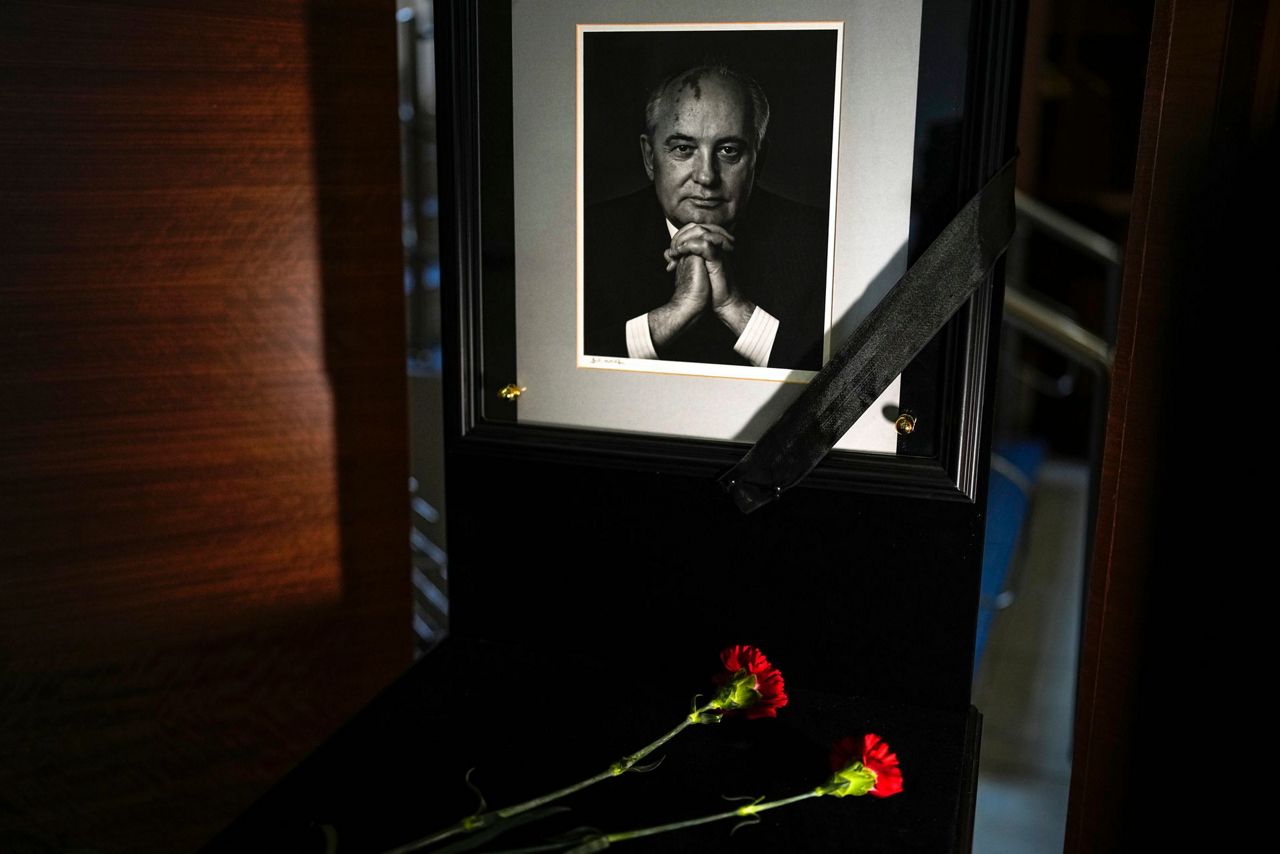A timeline of major events in the life of former Soviet leader Mikhail Gorbachev, who has died at age 91.
March 2, 1931: Mikhail Sergeyevich Gorbachev born in Privolnoye in southern Russia.
1950: Admitted to Moscow State University, the Soviet Union's top university.
1971: Elected to the Communist Party's powerful Central Committee.
1980: Becomes a full member of the ruling Politburo.
March 11, 1985: Appointed as general secretary of the Communist Party and the nation's new leader following the death of Konstantin Chernenko.
October 1985: Launches his campaign to end the Soviet Union's economic and political stagnation, using “glasnost,” or openness, to help achieve the goal of “perestroika,” or restructuring.
November 1985: Meets U.S. President Ronald Reagan in Geneva for the first of a series of summits with world leaders.
April 26, 1986: Reactor explodes at the Chernobyl nuclear power plant in Ukraine. Soviet authorities acknowledge the blast only three days later.
October 11-12, 1986: Gorbachev and Reagan meet in Reykjavik, Iceland, in a summit that produces no agreements, but is widely hailed as a precursor to nuclear arms agreements.
December 1987: Signs the Intermediate-Range Nuclear Forces, or INF, Treaty with Reagan. The treaty banned the U.S. and Soviet Union from possessing, producing or test-flying a ground-launched cruise missile with a range of 300 to 3,400 miles.
February 1989: The last Soviet troops leave Afghanistan.
November 1989: The Berlin Wall falls as East Germany's hard-line leadership opens its borders, a key moment in the collapse of communism in eastern Europe.
October 1990: Awarded the Nobel Peace Prize.
July 1991: Signs the Strategic Arms Reduction Treaty, or START, with U.S. President George H.W. Bush. The treaty resulted in the largest nuclear reductions in history, and included a mechanism allowing the two sides to inspect and verify each other’s arsenals.
August 1991: Attempted coup by the Communist old guard fails, but dramatically erodes Gorbachev’s authority.
Dec. 8, 1991: The leaders of Russia, Ukraine and Belarus declare the Soviet Union dead and announce the creation of the Commonwealth of Independent States.
Dec. 25, 1991: Announces his resignation as Soviet leader. The Soviet red flag over the Kremlin is pulled down and replaced with Russia's tricolor.
June 1996: Runs in Russia's presidential election, winning less than 1% of the vote.
September 1999: His wife, Raisa, dies of leukemia.
Aug. 30, 2022: Dies at the Central Clinical Hospital in Moscow.
___
More AP stories on Mikhail Gorbachev here: https://apnews.com/hub/mikhail-gorbachev
Copyright 2022 The Associated Press. All rights reserved. This material may not be published, broadcast, rewritten or redistributed without permission.
